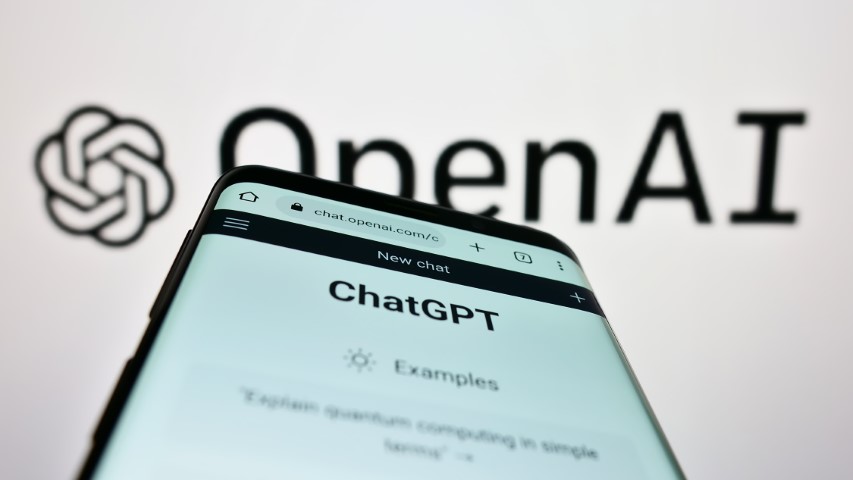Cybersecurity Industry Integrates ChatGPT into Products While Testing its Capabilities
ChatGPT, which was launched in November 2022 and is built on OpenAI’s GPT-3 family of large language models, has garnered attention for its potential to be used for malicious purposes such as creating malware and phishing emails. However, it can also bring significant benefits to the cybersecurity industry, and several companies have already integrated it into their products and services. For example, cloud security company Orca has fine-tuned ChatGPT with its own security datasets to improve remediation steps for cloud security risk, while Kubernetes security company Armo has integrated ChatGPT’s generative AI to make it easier for users to create security policies. Similarly, Logpoint has integrated ChatGPT into its LogPoint SOAR solution for investigating SOAR playbooks, and AlertEnterprise has launched a chatbot powered by ChatGPT that enables users to quickly obtain information on physical access and security and safety reporting.
Accenture Security is analyzing ChatGPT’s capabilities for automating cyber defense-related tasks, while other cybersecurity companies are exploring the possibility of embedding ChatGPT in their offerings. Some members of the cybersecurity community have also conducted tests using ChatGPT, with results ranging from identifying software vulnerabilities to analyzing malware. While ChatGPT has shown promising results in some areas, it has also been found to be unreliable in others. Despite this, the potential of ChatGPT in enhancing cybersecurity defenses and facilitating cybersecurity education is clear, and its integration into industry products and services is likely to continue.










